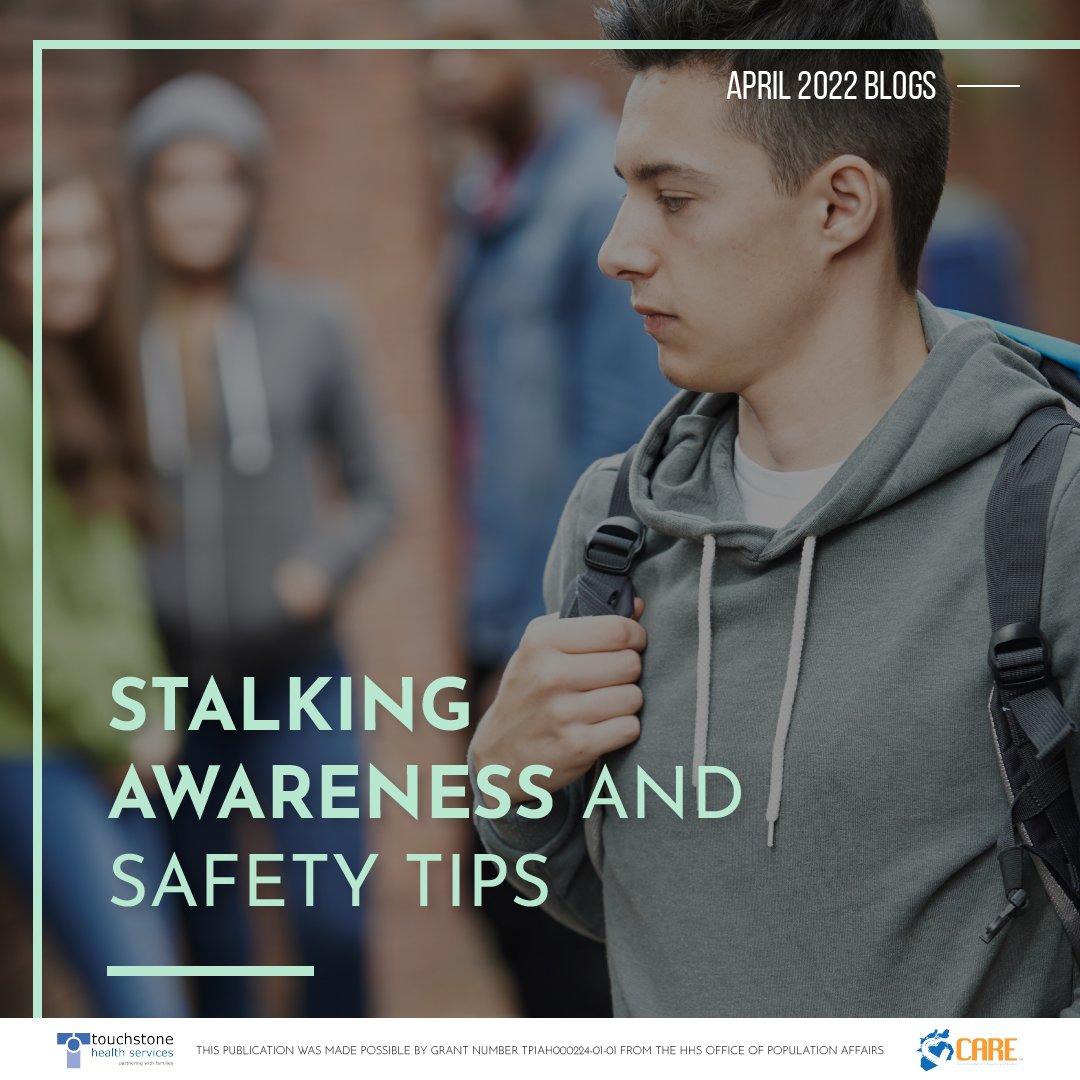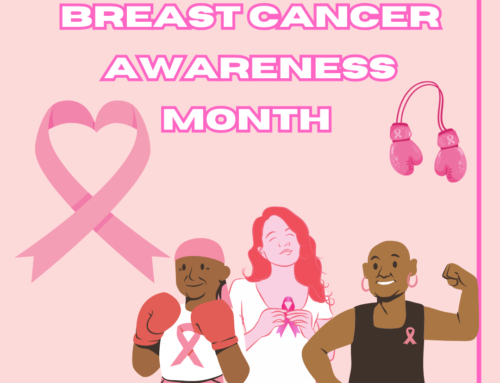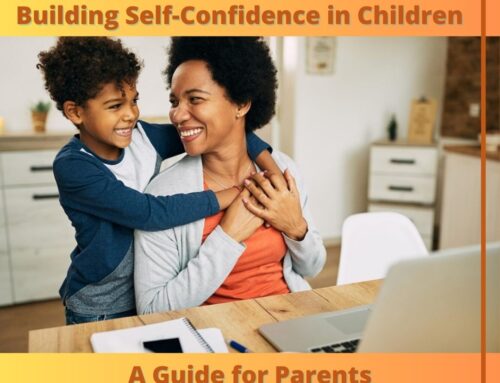Stalking Awareness and Safety Tips
Greeting readers!
Typically, the month of January is dedicated to educating and raising awareness on a topic that can be scary and at times misunderstood. We are talking about National Stalking Awareness Month. Although January is dedicated to this important topic, this issue is not limited to January. According to The National Intimate Partner and Sexual Violence Survey (NISVS) from 2016/2017, approximately 1 in 3 females and 1 in 6 males have been stalked at some point throughout their lives. Before we dive in, here are this week’s affirmations:
What is stalking?
While legal definitions of stalking vary from one jurisdiction to another, a good working definition of stalking is: a course of conduct directed at a specific person that would cause a reasonable person to feel fear. About 20% of stalkers used a weapon to threaten/harm their victim. Stalking is not just following a person around. Stalkers can do things such as use GPS/listening devices, or camera. Stalking may also include making unwanted calls/texts to their victim(s). Victims are likely to be between ages 18-24, although stalking affects people of all ages.
When it comes to relationships, stalking can occur during, and after the relationship. It is said that stalking during a relationship occurs in 21% of relationships, 36% during and after a relationship, and 43% after a relationship. During this time, a person can stalk an intimate partner for up to 2 years. Victims of intimate partner stalking have more separation attempts than victims of intimate partner violence alone. Over half of stalking offenders are intimate partners with 57% being current or former partners.
How to Stay Safe: Safety Tips
Here’s how YOU can be a Prevention Partner:
Supporting Loved Ones Experiencing Stalking.
Most victims of stalking talk to a friend, family member, or someone else they trust about the situation before pursuing any sort of professional or legal help. If a stalking victim talks to you, your response makes a huge difference in if they feel validated and/or seek help.
Believe and validate victims-
- Don’t question or minimize what they tell you.
- For example, don’t say “well maybe they just miss you” or “they probably didn’t realize it was bothering you.”
- Instead, say “that sounds scary” or “I can see why that would be upsetting.”
- Focus on the offender’s actions, not the victim’s responses.
- Even well-intentioned friends can accidentally blame victims.
- Don’t ask questions such as “why did you respond to that text message?”
- Focus on the stalker’s actions, for instance, “It is not right that they kept texting you.”
- Nothing the victim did justifies the stalker’s behavior.
Remind victims that this is not their fault-
- Support the victim and encourage them to seek help and document the stalking.
- Thank them for trusting you enough to have the conversation.
- Help the victim think through options
Victims may or may not want to take action-
- Respect their choices.
- Respect the victim’s privacy.
- Do not share any information about the victim with the stalker.
- Ask the victim who else they have told and respect their wishes about who to share this information with.
Refer them to resources to make an individual safety plan and learn more about stalking–
- Victim Connect. VictimConnect.org. 855-4-VICTIM.
- CoerciveControl.org
- National Network to End Domestic Violence (NNEDV) Safety Net TechSafety.org
- https://www.cdc.gov/violenceprevention/intimatepartnerviolence/index.html
- Create a safety plan: https://www.loveisrespect.org/personal-safety/create-a-safety-plan/
Check In-
- Stalking cases can last a long time, and your loved one’s reactions, wants, needs, and feelings might change over time.
- Continue to check in and be a source of support. Ask questions like, “How can I help you feel safer?”
- Ask the victim how they feel the safest being contacted and use that medium to contact them.
For more information on other important topics, check out our other blog posts:
- Relationships: Healthy, Unhealthy or Abusive
- Teen Dating Violence Awareness
- Self-Care
- And so much more: https://carecoalitionaz.org/care-blog/
Please join us for our quarterly meetings where we talk about important topics youth and adults face, as a community we all work together to find solutions to barriers and give hope, and build resiliency within our youth.






